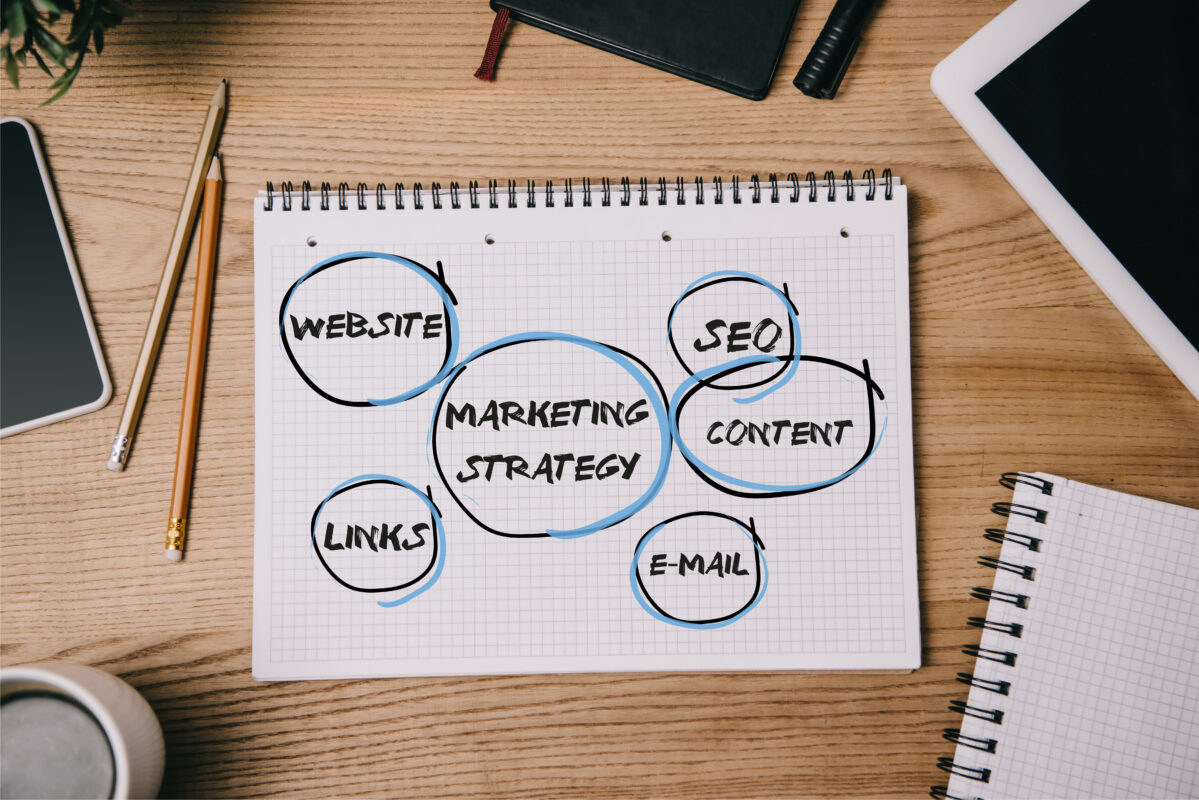Blog
Why Strategic Marketing Management is Essential for Business Growth
In today’s competitive and fast-changing global marketplace, marketing is no longer just about advertising products or running promotional campaigns. Modern businesses need strategic marketing management—a comprehensive approach that aligns marketing activities with long-term organisational goals.
Strategic marketing management ensures that every marketing decision, from product positioning to customer engagement, contributes to sustainable growth. This article explores why strategic marketing management is vital for business success and how the Marketing Management Programme at the London School of Business Administration equips professionals with the tools to lead effectively.
1. Aligning Marketing with Business Objectives
One of the most important roles of strategic marketing management is to connect marketing plans directly to overall business strategy. Rather than treating marketing as a stand-alone function, it integrates every campaign with company objectives such as growth, market expansion, or innovation.
This alignment allows businesses to:
- Set measurable goals and performance indicators (KPIs)
- Allocate budgets more efficiently
- Ensure that marketing supports revenue, profitability, and brand-building targets
LSBA’s programme trains learners to translate corporate goals into actionable marketing strategies, ensuring marketing becomes a driver of long-term success.
2. Understanding and Anticipating Customer Needs
Customers today have more choices and higher expectations than ever. Strategic marketing management uses market research and consumer insights to predict customer preferences and build lasting relationships.
Key practices include:
- Analysing customer behaviour and purchasing trends
- Segmenting markets to target specific groups effectively
- Personalising products, services, and communications
By truly understanding their audience, companies can design offerings that meet real needs, improve customer satisfaction, and boost brand loyalty.
3. Building a Strong Brand and Competitive Advantage
A powerful brand is one of the most valuable assets a business can own. Strategic marketing ensures consistent brand positioning and messaging, differentiating a company from its competitors.
Through careful planning, businesses can:
- Create unique value propositions
- Maintain a consistent identity across all channels
- Protect and enhance brand reputation in challenging markets
This not only strengthens market position but also creates long-term competitive advantages that are difficult for rivals to replicate.
4. Optimising Resources and Budgets
Without a strategic approach, marketing budgets can quickly be wasted on campaigns that do not deliver results. Strategic marketing management uses data-driven planning and performance metrics to optimise investments.
Benefits include:
- Prioritising high-return activities
- Adjusting campaigns based on real-time analytics
- Reducing unnecessary spend and increasing overall marketing ROI
The LSBA Marketing Management Programme equips learners to measure performance and allocate resources effectively, ensuring every pound contributes to growth.
5. Guiding Product Development and Innovation
Strategic marketing management also plays a key role in driving product and service innovation. Insights gained from market research help identify emerging trends, gaps in the market, and opportunities for new offerings.
For example:
- Technology firms use customer feedback to design user-friendly solutions.
- Food and beverage companies identify health trends to create new product lines.
By integrating marketing with product development, companies can launch innovations that truly resonate with customers and stay ahead of competitors.
6. Strengthening Customer Relationships and Retention
Acquiring new customers is important, but retaining existing customers is often more cost-effective and profitable. Strategic marketing focuses on long-term relationship building through:
- Loyalty programmes and personalised communication
- Consistent after-sales support
- Strong community engagement on social platforms
This customer-centric approach ensures repeat business and positive word-of-mouth, both of which are key drivers of sustainable growth.
7. Adapting to Market Changes and Global Trends
Markets evolve quickly due to technological advances, economic shifts, and changing consumer behaviours. Strategic marketing management enables companies to anticipate and respond to these changes before competitors do.
Key capabilities include:
- Monitoring global trends and competitor strategies
- Conducting regular market reviews and risk assessments
- Adjusting campaigns to align with new consumer preferences
By staying agile, businesses can seize opportunities and reduce the impact of market disruptions.
8. Leveraging Digital and Data-Driven Tools
Digital transformation has revolutionised marketing. From social media campaigns to data analytics, today’s strategies must integrate digital channels and performance measurement.
Strategic marketing management helps businesses:
- Harness data for predictive analytics and customer insights
- Integrate online and offline campaigns seamlessly
- Use automation and AI for more efficient, personalised marketing
The LSBA programme includes training in digital marketing and marketing analytics, preparing professionals to excel in a technology-driven business world.
Why Choose LSBA’s Marketing Management Programme
The London School of Business Administration’s Marketing Management Programme provides a comprehensive, CPD-accredited curriculum that blends theory with practical application.
Key benefits include:
- Flexible, fully online learning, ideal for working professionals
- Case studies and real-world projects to reinforce strategic thinking
- Lifetime access to course materials and updates, ensuring long-term career relevance
Whether you aim to lead a marketing department, launch your own brand, or enhance your strategic skills, LSBA offers the knowledge and tools to turn marketing into a driver of business growth.
Conclusion
Strategic marketing management is no longer optional—it is a business imperative. By aligning marketing with corporate strategy, understanding customer needs, driving innovation, and leveraging digital tools, organisations can achieve sustainable growth and stand out in competitive markets.
The Marketing Management Programme at the London School of Business Administration equips professionals with the skills to design, implement, and lead these strategies, ensuring that marketing becomes a powerful engine of long-term business success.


